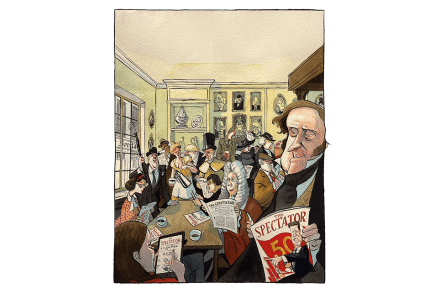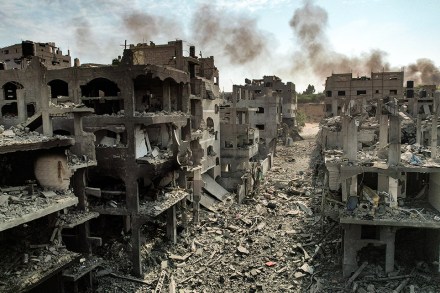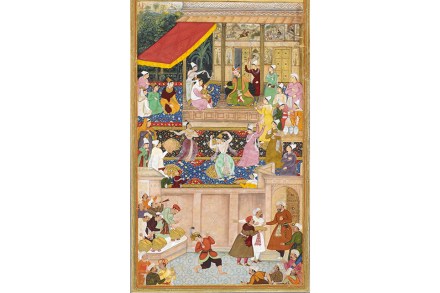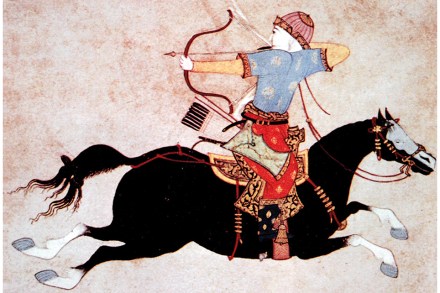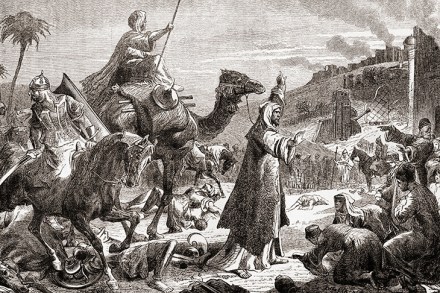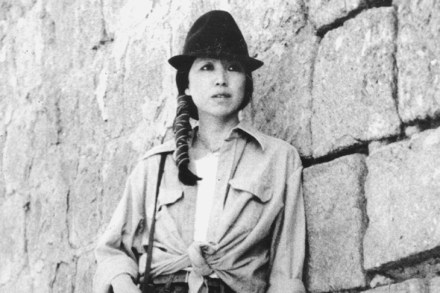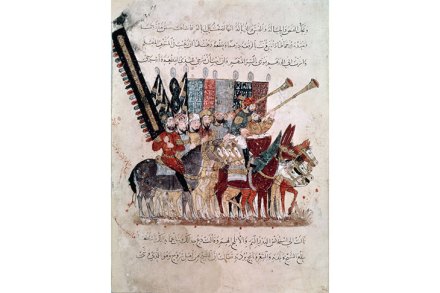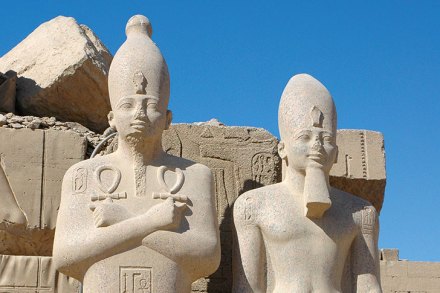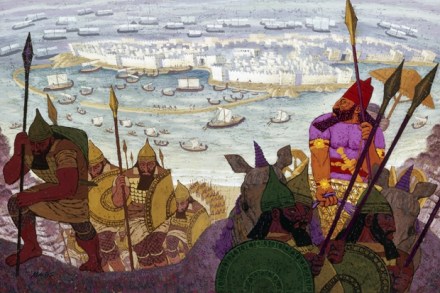Fraser Nelson, Cindy Yu, Mary Wakefield, Anthony Sattin, and Toby Young
31 min listen
On this week’s Spectator Out Loud: Fraser Nelson signs off for the last time (1:30); Cindy Yu explores growing hostility in China to the Japanese (7:44); Mary Wakefield examines the dark truth behind the Pelicot case in France (13:32); Anthony Sattin reviews Daybreak in Gaza: Stories of Palestinian Lives and Cultures (19:54); and Toby Young reveals
